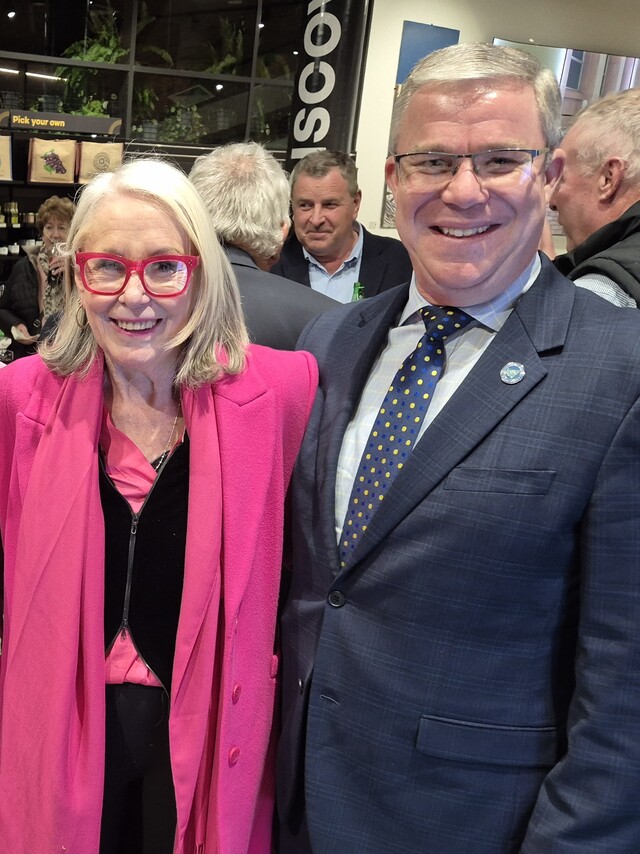In a first for the Coffs Coast, Coffs Harbour City Council has undertaken a pioneering approach to urban stormwater management. Staff from Council’s City Services section have designed and installed an experimental Water Sensitive Urban Design biofiltration basin in a residential city centre street to better manage stormwater runoff and cut down on the pollution that enters Coffs Creek during downpours.
“Water Sensitive Urban Design (WSUD) integrates urban planning with water cycle management,” said Stephen Sawtell, Council’s General Manager.
“It uses the natural environment – such as landscaping, vegetation, constructed wetlands, ponds and earthworks – to better manage water and stormwater run off and, ultimately, benefit the environment.
“At the same time, by using the landscape to retain and, in some cases, break down pollutants naturally, we can cut down on the amount of pollution that gets into our waterways.
“In addition, we can mitigate the erosion damage that high volumes of stormwater can cause to creeks and rivers.
“Some local developers have already adopted WSUD principles, but this is the first time that a Council in this area has taken this step.”
The Biofiltration Project is a retrofit project, in which a biofiltration basin has been installed into an already built streetscape.
The basin is designed to reduce nutrients, heavy metals and other pollutants entering Coffs Creek. It will also slow and store stormwater runoff which is then released slowly into the downstream environment, preventing erosion and scour.
The goals of the biofiltration basin project are to assess its effectiveness, efficiency, plant performance, soil porosity and maintenance costs. Its design can then be reviewed and improved in future projects.
Traditionally stormwater has been viewed as a waste product and has been removed from urban areas quickly through conventional kerb, gutter and stormwater pipes directly into creeks and rivers. However, WSUD works with the natural environment to manage and use stormwater as a benefit.
“By also capturing rainwater where it falls, it can be used to irrigate the local environment – which cuts down on the use of drinking water to irrigate urban areas and helps conserve our precious supplies,” Stephen Sawtell said.
The project was funded by the Australian Government’s Community Water Grants program in partnership with Council.







